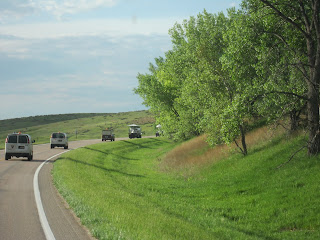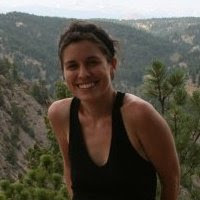A long, long time ago there was a young graduate student. He participated for several years in DOW field projects prior to Vortex2. One day a DOW broke down and Josh radioed, "We have reached end of season." Navigating the other DOW, unnamed graduate student (we all know who he is!!), looked at his map and asked "Where is End of Season?" At the time, the DOWs were in South Dakota. Vortex2 has reached End of Season, TX.
In short, the people who make up Vortex2 are fabulous. They are people you enjoy working with; they are old friends; they are new friends (I have never been quite sure on semi-colon usage!). As we return back to our "normal" lives, I would like to acknowledge the hard work and dedication of the scientists, engineers, technicians, students, volunteers, hotel coordinator, photographers, and the public. It has been a great run and I wish everyone the best.
Here is to End of Season, TX!
In short, the people who make up Vortex2 are fabulous. They are people you enjoy working with; they are old friends; they are new friends (I have never been quite sure on semi-colon usage!). As we return back to our "normal" lives, I would like to acknowledge the hard work and dedication of the scientists, engineers, technicians, students, volunteers, hotel coordinator, photographers, and the public. It has been a great run and I wish everyone the best.
Here is to End of Season, TX!
__________________________________________________
Picture 1: The CSWR crew.



















